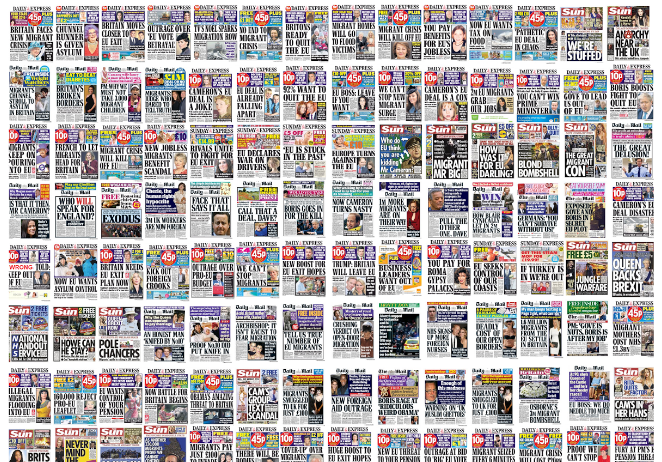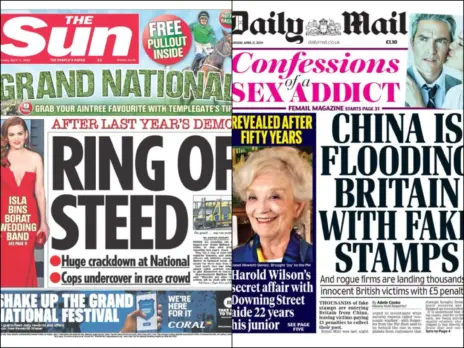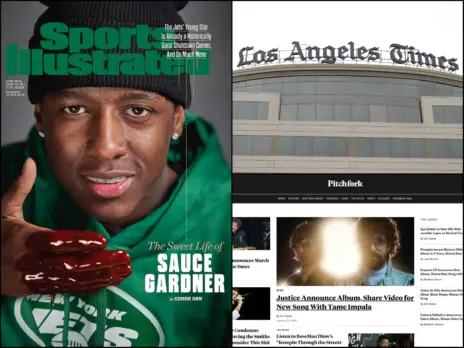
Whether you hail it as a new V.E. Day – Victory Over Europe – or regard it as the most horrific case of mass suicide since 909 cult members swallowed Kool-aid laced with cyanide at Jonestown in Guyana on 18 November, 1978, there’s no dispute that the people of the English shires and old industrial towns blew a bigger raspberry at Brussels than any pollster predicted.
Why was this? Why did people who have enjoyed 43 years of rising prosperity since we joined the EEC, reject the EU?
Ukraine and half a dozen other countries are gagging to get in. The Greeks blame the EU for their economic crisis but very few want to leave.
But England, with a one of the most thriving economies in the EU, voted to cut its ties.
I can see why people on benefits in Clacton might think they hadn’t been invited to the Euro party and would resent it. But I was surprised, when driving through affluent English villages and past expensive houses, to see so many “Leave” placards.
But what really shocked was finding well-educated and wealthy people fervently in favour of “Leave”, although one “Leaver” did confide: “Our family have got Australian passports too, so if ‘Leave’ doesn’t work out, we’re off”.
It’s been a long slog to build this nation’s wealth and yet people have now voted to take the biggest gamble of their lives, putting at risk their own family’s financial futures and the country’s economy.
Why? Four reasons: The Daily Mail, The Daily Express, The Daily Telegraph and the Sun.
Their influence has been huge, certainly enough to achieve the small but significant percentage victory for “Leave”.
The daily broadsides of anti-EU stories during the Referendum campaign undermined the resolve of some who might have voted to remain but the real campaign began decades ago.
To be effective, propaganda has to be sustained over a long period. The drumbeat of the message must be insistent. Since we joined the Common Market, all four newspapers have been dead set against Europe and all its stands for.
This had its finest hour when the editor of the Sun, Kelvin MacKenzie, led his staff to the office roof to shout “Up Yours Delors!” in the direction of Brussels, accompanied by V-signs, directed at President of the European Commission Jacques Delors.
Our national newspapers have always been partisan; nothing wrong with that. But on Europe, they have gone much further. As Dutch foreign minister Bert Koenders said, if something goes well, it’s to Britain’s credit; if it goes badly, it’s always been Brussels’ fault.
It’s been a ceaseless vendetta. And no relationship can endure four decades of nagging.
You probably think you are immune to propaganda. You are not. If it’s done skilfully and for long enough. British people who are delighted to meet fellow Europeans in social or business situations, can become prey to feelings of xenophobia. If they are assaulted, day after day, by stories and images of immigrants allegedly swamping the country, it’s a small step to racism.
A question often asked is why a people as culturally and scientifically advanced as the Germans murdered six million Jews? The one word answer is propaganda.
Catholic propaganda for centuries depicted the Jews as Christ-killers. Central European peasants believed stories of Jews sacrificing Christian children and drinking their blood. It was easy for the Nazi propaganda chief Joseph Goebbels to demonise the Jews, so that the German people became, in the title of Daniel Jonah Goldhagen’s compelling book, “Hitler’s Willing Executioners”.
Too many Poles in today’s Britain? They are already being abused in the streets. Personally, I am glad that the skilled Polish doctor who carried out my internal examination in Ipswich last week was allowed to come here under the free movement of people. Poland paid for his training. But I got the NHS benefit.
In the other 27 EU countries, most people look to the EU to protect their present and safeguard their future. But there’s nothing but sniping from the four newspapers, two of which are owned by proprietors who don’t even live here, Rupert Murdoch, the proprietor of the Sun who is an Australian who took American citizenship, and the Barclay Twins who own the Telegraph, tax exiles with their own Channel island.
These Four Paper Horseman have played a decisive role in bringing about the present Euro Apocalypse, far worse than anything Brussels could have devised.
Why hasn’t the EU fought its own propaganda campaign? Why hasn’t it underscored the ways in which it plays a positive role in English life? On the Celtic fringes of the U.K., it is common to see road signs delivering messages like: “This bridge was built with funds from the European Union”. But few such messages are seen in England.
It is admirable to do good by stealth. But there are times to bang the drum. Public relations cannot do anything for an inferior product. But it can do wonders for something that people use and value, especially when you explain that they owe it to Europe.
No one in Brussels really bothered to make the case to the British people. They didn’t think they needed to. The other nations know how useful EU membership has been. But the other nations do not have four mass-selling newspapers vociferously opposed to the EU.
It doesn’t help that Brussels is a bloated bureaucracy. That is open to honest criticism. But the German Press, for instance, does not start from the position that the EU is the work of the devil.
The BBC was obliged to be balanced in its Referendum coverage. I saw how rigorously this was imposed. On polling day, when broadcasters were forbidden to comment, the four papers mounted their last big heave for “Leave”. Regional newspapers, by and large, gave their readers objective reporting, not campaigning; few came out for either side.
David Cameron’s campaign didn’t sparkle but what it really lacked was the support of four Tory papers that would normally have been in his corner. What killed his campaign, was the way the Fleet Street quartet managed to convince readers that warnings about the dangers of Brexit were “scaremongering”.
This encouraged people who have difficulty even understanding their utility bills to dismiss forecasts by eminent economists, the Bank of England, IMF and the Prime Minister as just “Project Fear” – something they should ignore.
The continuing financial turmoil vindicates every word of warning: the value of our biggest companies, the pound, Britain’s vital credit rating -all battered.
It shows how gullible people were to believe newspapers’ claim that there was nothing to worry about. But as Adolph Hitler, who knew all about propaganda, put it succinctly: “The broad mass of a nation… will more easily fall for a big lie than to a small one”.
Michael Cole was a reporter for 27 years, his work for the BBC winning two Royal Television Society Awards. For 28 years he has been in Public Relations and now runs his own agency.
Main picture from Liz Gerard’s Sub-Scribe blog.
Email pged@pressgazette.co.uk to point out mistakes, provide story tips or send in a letter for publication on our "Letters Page" blog







